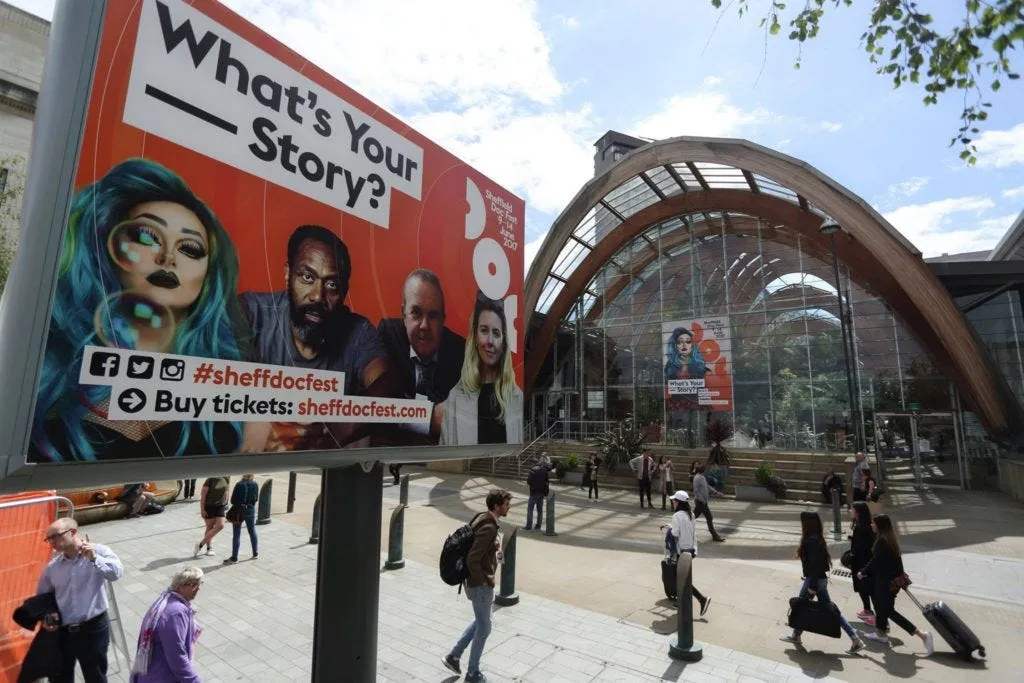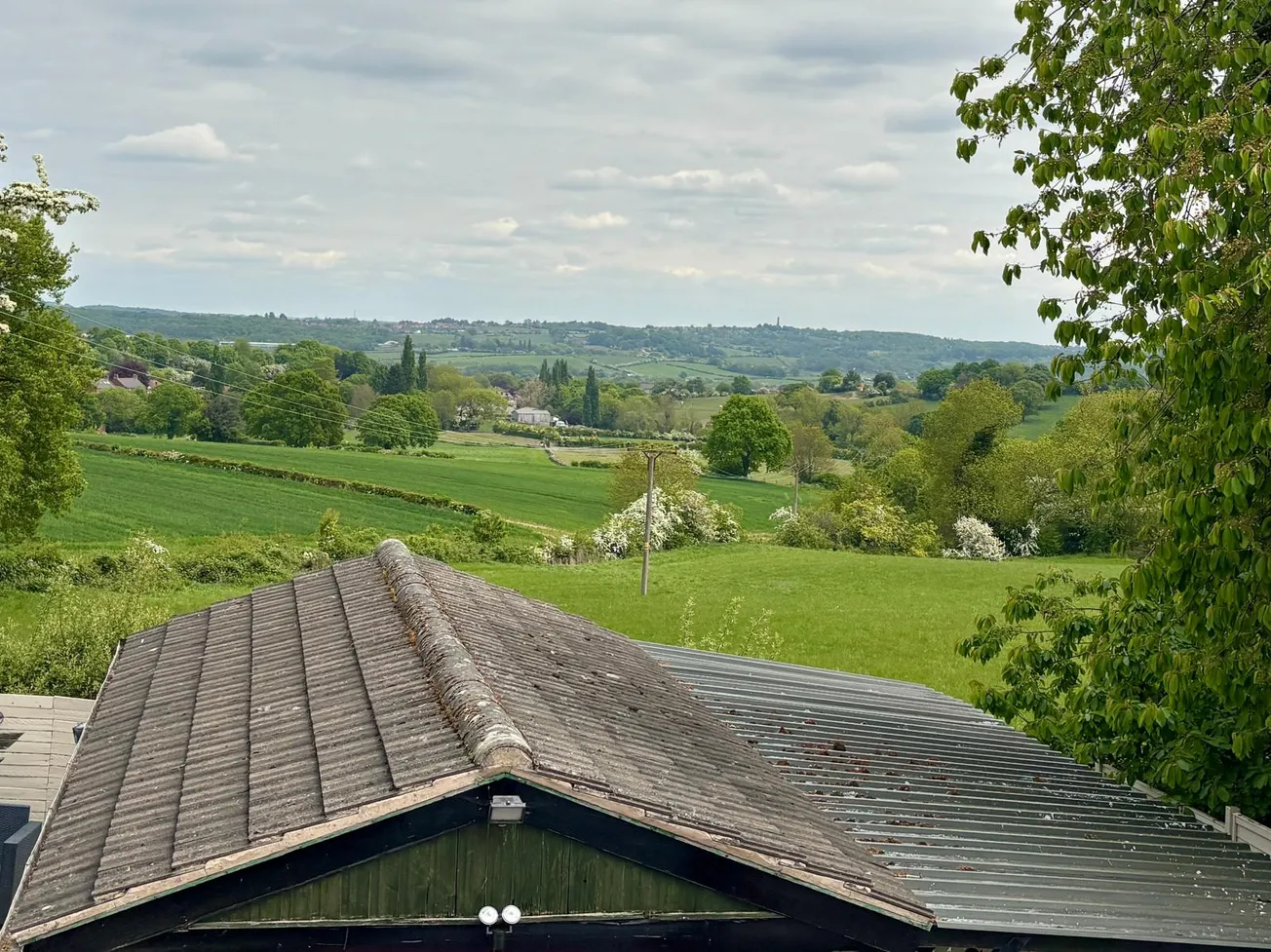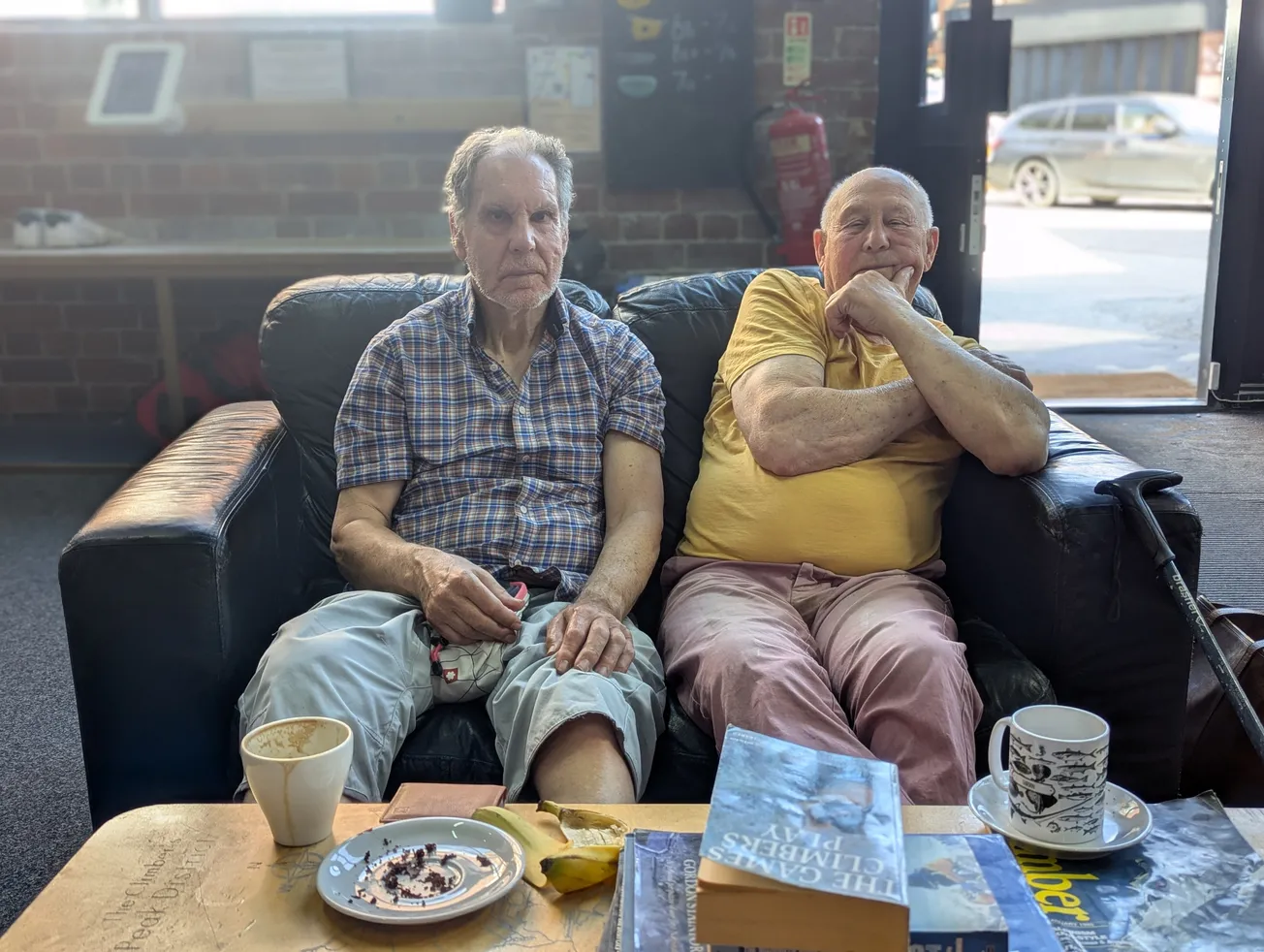To many, this year’s Sheffield DocFest looked like a conspicuous success. Despite the challenges of running a part-online part-offline event, and doing so in June when Covid-19 case numbers were soaring in the city, the famous documentary festival seemed to have gone swimmingly.
The Guardian gave the festival a glowing review, praising “a lively, resourcefully programmed selection…healthily blending crowd-pleasing documentaries with more specialised or esoteric approaches.” Overall, 41,520 people watched documentaries online and 3,814 attended in person. The artistic team were relieved and delighted.
Cut to August, and news breaks that the programming team at the festival no longer have their jobs. In an open letter published by the leading American film magazine Variety, the programmers describe being “silently locked out” of their email accounts, while all information about their work over the past three years — including their names and photos — has been “scrubbed from the website.”
The timing seems notable: the team got the chop a week after director Cintia Gil left, with the DocFest website citing artistic differences between Gil and the Board of Trustees over the “present and future direction of the Festival” as the reason for her departure. She had only occupied the role since 2019 and had shepherded the festival through two challenging years in the midst of a pandemic.

So what inspired a film festival which battled the hardships of Covid and came out relatively unscathed to ditch its entire artistic team? It’s taken us a couple of weeks to piece the story together. Gil told The Tribune she was “contractually bound” to confidentiality. Others involved in the dispute have been cautious about speaking out. After publishing their open letter, the programmers seemed reluctant to speak further, not wanting to get drawn into a war of words with their former employers.
In researching this story, The Tribune was told by multiple sources that artistic differences did exist between a programming team who want to produce an artistically credible festival and a DocFest board who have a yen for more commercial, populist material, and that’s a big part of the story. But maybe it’s deeper than that, too. Maybe this is also a narrative about a broadcast industry being bled of its power by the Netflixes and Amazons of this world and which is flailing to reassert itself using the DocFest brand.

And what a brand it is: DocFest is one of only a handful of events that places Sheffield on a truly global stage. The festival only began in 1994 but has blossomed into the UK’s biggest documentary film festival and is one of the three largest in the world. Every year, filmmakers, producers, commissioners and documentary devotees make the pilgrimage from across the world to the Steel City for the festival.
But this isn’t the first time that there have been tensions. What happened last month poses obvious parallels with a similar situation two years ago when former director of programming Luke Moody left the festival. Back then, he told BFI’s Sight & Sound magazine he quit due to the dominance on the festival’s board of the UK factual TV departments, which he said led to an increased focus on formatted entertainment.
“The only thing I hear from them is self-interest: ‘Where’s my commission?’” he said at the time. “They’re not performing a job to take the festival forward and accept new partnerships or grow the festival, or support a programme that is progressive. They’re from a tradition that is a dinosaur — the likes of Netflix, Amazon, HBO and Hulu are far more progressive and will take their audiences.”
Moody’s comments give a good sense of the tug-of-war between the festival’s artistic team and its board. Programmers decide what is shown at the festival. They watch the thousands of submissions sent to the festival every year and travel to other film festivals around the world to decide which films make it to the final programme. They are both the gatekeepers of the festival and its artistic conscience.

Then there’s the board of trustees. The importance of their role shouldn’t be understated: they should safeguard the overall interests of the festival. This could include its commercial interests, like making sure the festival gets enough paying customers through the doors each year to raise the money it needs to keep itself going. But since DocFest became a charity in 2019 they have also included its charitable aims. On the Charity Commission website, these are stated as follows:
Sheffield DocFest's mission is to advance the art of film, education and training in the art of documentary filmmaking. We offer filmmakers and artists a place for inspiration, debate, growth and challenge, providing an international platform to launch works as part of a carefully curated programme that challenges trends, brings diversity and enriches engagement.
For both the artistic team and many attendees, the 2021 festival achieved these goals. Yet many feel the board of trustees changed the goalposts after the festival had already taken place. “They need to be asked what the artistic differences were,” one former staff member told us. “Obviously the programme that we did was not the programme that they believed the festival should have.”
According to the Charity Commission, Gil was appointed to give the festival “a more internationalist flavour,” and it certainly looks like she did that. A Brazilian entry called Nũhũ Yãg Mũ Yõg Hãm: This Land Is Our Land!, which won best film in the international category, is a good example. The film was directed by two Brazilian indigenous directors based in a village in southeastern Brazil who use the documentary to investigate the loss of land to farmers in the area.

But The Tribune has learned about internal disagreements over the kind of content that should have been included in the festival — disagreements between the programmers and the board. Programmers pushed back at the idea that they should invite celebrities like Piers Morgan and the stars of ITV reality show Love Island to the festival, people that, according to the artistic team, had “nothing to do with the spirit or the mission of the charity.”
“This board has no knowledge of the documentary scene today, especially outside the UK,” said one programmer. “They just know the big populist things, and don’t understand the rest. So they want a festival they understand, with their favourite talent on the screen. They believe this is what is commercially viable. Which is not true.”
One of the main accusations is that the board is too dominated by industry bigwigs. It is chaired by Alex Cooke, a hugely experienced documentary filmmaker and producer who is CEO of Renegade Pictures, a subsidiary of Warner Brothers. The deputy chair is Brian Woods, the founder and owner of True Vision Productions, an award-winning independent documentary film production company.
Other board members include Jo Clinton-Davis, the head of factual at ITV, Madonna Benjamin, a commissioning executive for Channel 4 documentaries and Shirani Sabaratnam, a commissioning editor at UKTV. There is a noticeable lack of representation for independent filmmakers and cinemas on the board.

The programming team say that some of the broadcasters and producers on the board like to use the platform of DocFest to promote their own interests. They do want an artistically credible festival so they can bask in its warm glow, but they also want films made by their connections and professional network to be included in the programme so they stand out in an increasingly competitive market. (A spokesperson for the festival told The Tribune: “We wholly refute the allegation that the board is dominated by industry representatives who run it in their own interests.”)
“The festival presents itself as a filmmakers first festival but in truth, it is not: It is a broadcast industry first festival,” one insider told us. “They want the festival to platform their broadcast films: their commissions for broadcasters or the commissions of their channels. But it’s also about the need to guarantee a certain power for broadcasters. Platforms are threatening them, they are losing ground across the board.”
Since the letter from the departed staff was reported, the festival has apologised and said it should have “communicated better” with the programmers, but reiterated their fixed-term contracts had come to an end. This is disputed by former employees who say programmers did not have to reapply for their jobs after the 2020 festival, nor did they have their emails cancelled and names removed from the website. “It is about a lack of respect and duty of care,” one said.
The apology came after the festival announced five new board members, who were all appointed following an open call for applications and who will serve alongside the current trustees. They are Fozia Khan, creative executive at Amazon Studios, Daniel Gordon, a BAFTA-winning producer/director, Jennifer Kimber, head of policy and strategy at ScreenSkills, Gali Gold, head of cinema at the Barbican Centre and Beejal-Maya Patel, commissioning editor at BBC Documentaries.
In their open letter, however, the programmers described the additional board members as “new representatives from familiar broadcasters.” They also said that submissions for the 2022 edition would soon have to reopen in the absence of the festival’s entire artistic team and with no idea of the kind of vision the board wanted to pursue.
The diverse team will bring their wide-ranging experience and passion to the festival at a time
— Sheffield DocFest (@sheffdocfest) 11:26 AM ∙ Aug 25, 2021
when the industry is rapidly changing and facing continued challenges due to COVID.
Meet our new Trustees → bit.ly/38bFFkR
When we put the allegations contained in this piece to DocFest, they told us:
The purpose of Sheffield DocFest has not changed. Its purpose is to advance the art of film, education and training in documentary filmmaking, to showcase an outstanding selection of national and international non-fiction storytelling, and to celebrate documentary in all its many and evolving forms.
As we consolidate during this period of leadership change, the Board is focused on asking how does an artistic programme balance its subjects and perspectives, while simultaneously championing its filmmakers, growing its audiences and engaging its partners.
We wholly refute the allegation that the board is dominated by industry representatives who run it in their own interests. The board is a diverse team with wide-ranging, highly respected experience across the industry in the UK and internationally. These are volunteers that bring their good will, their professional skills, and their wide ranging contacts, to both the charity and the events that the charity creates.
Clearly some level of compromise between artistic freedom and commercial sensibilities is needed, and the programmers say they understand this. “We did show broadcast films — and some of them were good,” says one. The festival opened with Summer of Soul, a blockbuster documentary about a forgotten music festival that took place in Harlem at the same time as Woodstock; and closed with multi-prized filmmaker, former TV presenter and critic Mark Cousins’ The Story of Looking.

One well-placed commentator — who again asked to remain anonymous for fear of souring their relationship with the powerful people who still run the festival — told The Tribune that the rest of the documentary world looks to Sheffield and can see the harm this dispute is doing.
“The whole point of DocFest was that it was supposed to be about telling David and Goliath stories,” they told us. “Little people standing up against big people. It’s kind of ironic that the biggest David and Goliath story to come out of DocFest this year is the story of the festival itself.”
If you know more about this story, please get in touch: editor@sheffieldtribune.co.uk or hit reply to this newsletter.

Comments
How to comment:
If you are already a member,
click here to sign in
and leave a comment.
If you aren't a member,
sign up here
to be able to leave a comment.
To add your photo, click here to create a profile on Gravatar.







